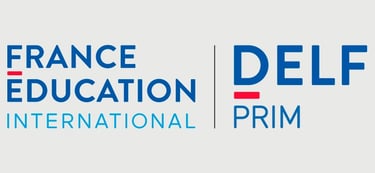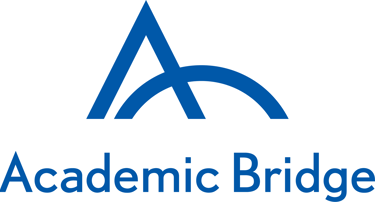
School Life
Our school menu was conceived in ways that allow learners to access the daily nutritional requirements. The school kitchen staff is equipped with well-trained chefs aided by dynamic groups of cooks. The hygiene of water and kitchen utensils is given careful attention.
The kitchen department provides 3 nutritional components:
We weigh participation in extracurricular because activities outside the classroom bolster the development of the "whole" student. Extracurricular activities are beneficial for all students, regardless of their age, gender, or personal preferences.
What are Extracurricular Activities?
Extracurricular activities are programs that:
are not part of the regular school curriculum; and,
are structured around an activity, goal, or purpose.
Also known as extra-academic activities or cross-curricular activities, extracurricular activities include sports, community service, arts, hobbies, and educational clubs. Extracurricular activities all complement an academic curriculum. While these activities can be structured by age group, such as Grades 1, 2…, they aren’t always. For example, your child may show more interest in a certain artistic, sport, or recreational activity and choose to practice it more than other activities. In that case, the level of performance weighs more than the age group of the child. That is when it is said that the child belongs to one club or the other. However, in most cases, young learners may show interest in one activity and shift their interest to another one after a certain period of time. Our rotation-based schedule enables all children to gain insight into a certain number of activities for a certain time to enable them a better choice of the clubs to which they may eventually choose to belong.
Food Menu
Extracurricular Activities
N.B: Tuition fees include Food fees.
Special Dietary Needs and vegetarian meals
A special dietary need is one that requires medical documentation. Some examples of special dietary needs are gluten-free, specific food allergies, texture modifications, etc. A note from the child’s doctor “Medical Statement for Accommodating Disabilities'' must be submitted to the school office. The office will make an allergy list which will be given to the kitchen department. The allergy list gives the names and classes of the child in one Column while another Column specifies the types of allergies or special dietary which is needed. A special window is open in the kitchen for special food accommodations and vegetarian needs. There is room for special arrangements when needed. We must receive this completed paperwork before we can begin to make accommodations for any student.
A bakery: Bread, cookies, cakes are directly made indoors to ensure quality and cleanness. Ingredients are carefully collected and measured to avoid unsure extremes just to meet the needs of our children in things such as sugar. All unnecessary accessories are completely removed from our foods.
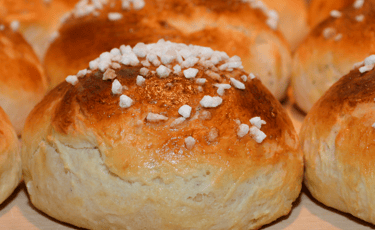





A juice and fruits area: Juice offered in Bright Angels is fresh and homemade on a daily basis. Types of juices vary regularly. (See Primary and Nursery School Menus).
A general kitchen: Here Breakfast and Noon meals are prepared for learners. The school offers 3 meals; breakfast, lunch, and an evening snack. (See Menu)
BRIGHT ANGELS INTERNATIONAL SCHOOL
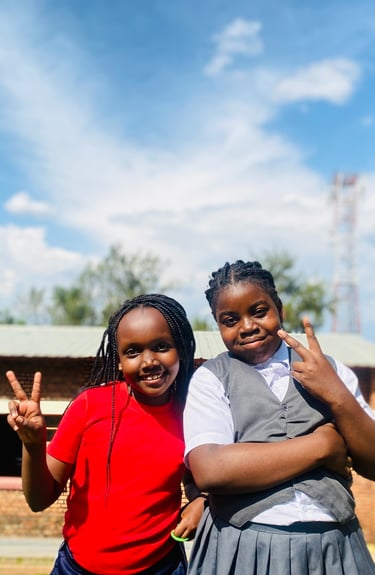

Benefits of Extracurricular Activities
Participating in school extracurricular activities is a great way to widen your child’s social circle, expand their interests, and build leadership skills. Studies show that involvement in school extracurricular activities leads to positive long-term outcomes.
The value of extracurricular activities on campuses is well-known. Volunteering (mostly parents), student clubs, educational clubs, and sports teams are activities that allow your child to gain real-world experience and link academic knowledge with practical know-how.
Extracurricular Activities Time
Extra-curricular and club activities at Bright Angels international school take place in One Learning Period at the end of every Full Day program.
On Fridays, students are given opportunities to join the Clubs of their choice for a period of 1 hour and a half. The rest of the time is used by all for research on varied projects finalization, data collection, practical experiments or observations, or Guided reading.
These activities include:
Sports (Football, Karate, Taekwondo, varied races, aerobics, gymnastics, volleyball, and mini-basketball)
Educational Clubs: French and English clubs, Rwandan traditional dance and culture (Itorero for boys and girls, Kinyarwanda Choir), Christian Choir, Ballet Club, Art and Craft Club, Drama (French and English) Clubs, Life Skills (Home Science Clubs), Mental Math Club, Spelling Bee, and much more. These activities may vary each term as needed.
Volunteering and exchange programs: Parents are welcome to share skills and knowledge with our young learners. Exchanges, international collaboration, cultural exchanges, and volunteering opportunities are given to children during a certain period of the academic year.
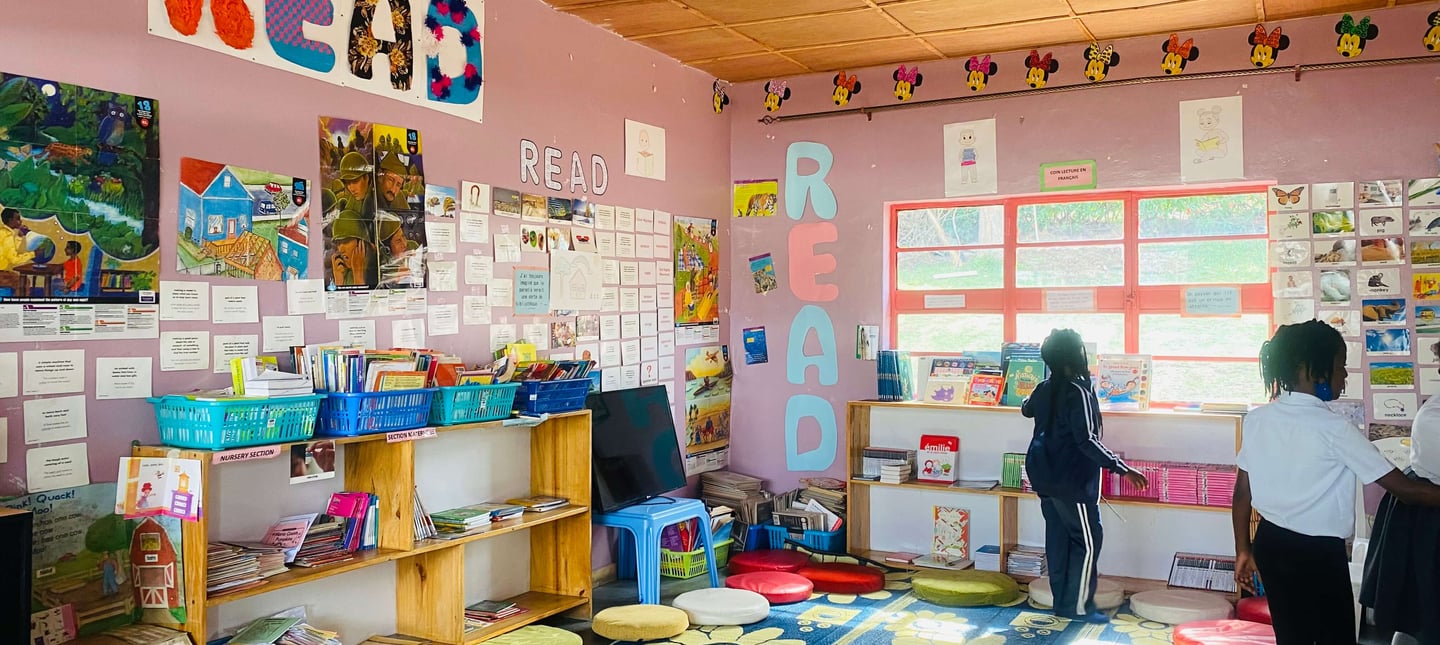

-YD05zqjGzxT5GNQw.png)
-YD05zqjGzxT5GNQw.png)
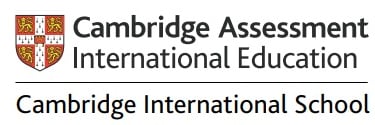







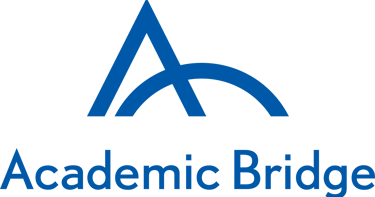

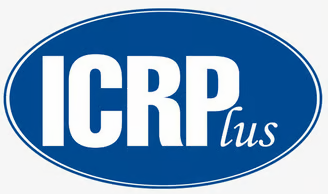

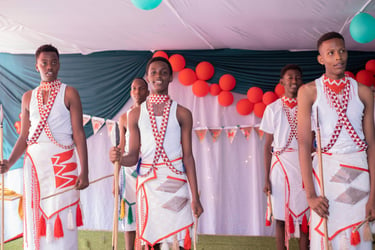
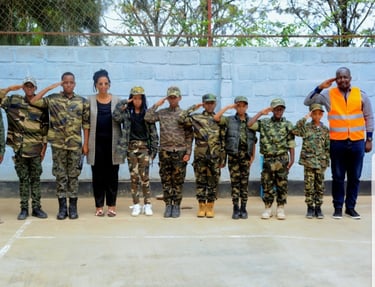
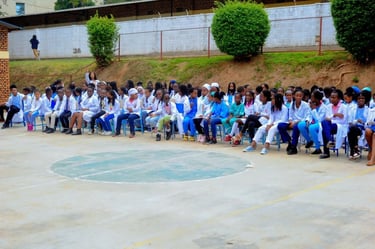
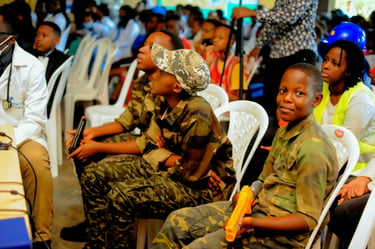
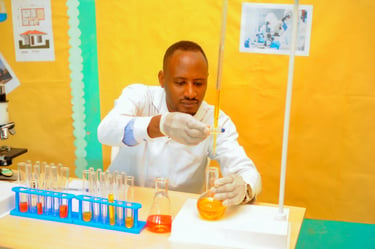
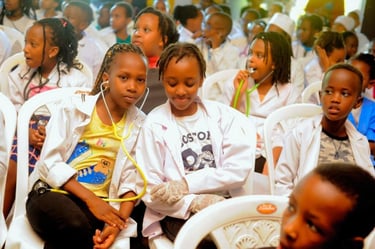
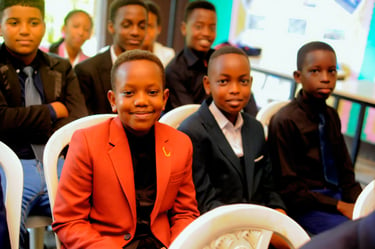
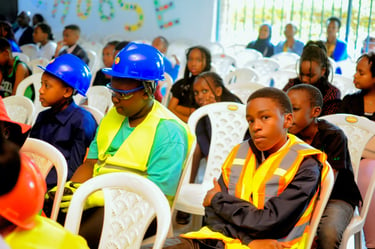
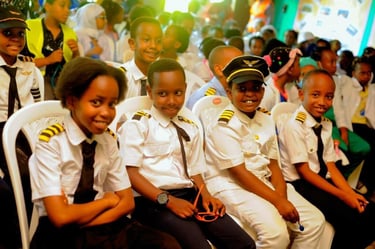
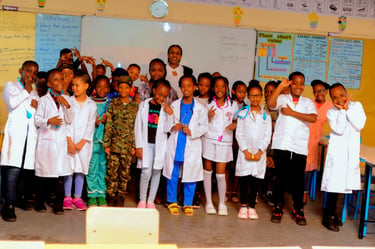
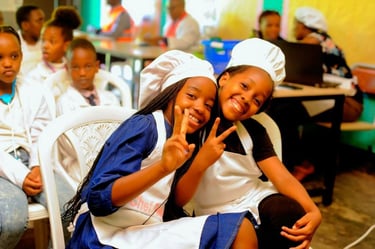
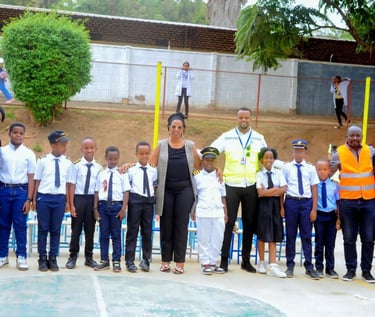
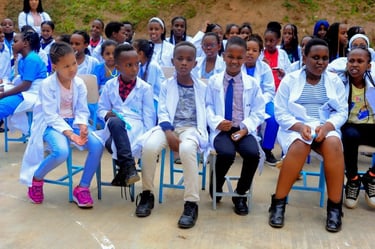
-YD05zqjGzxT5GNQw.png)
-YD05zqjGzxT5GNQw.png)


